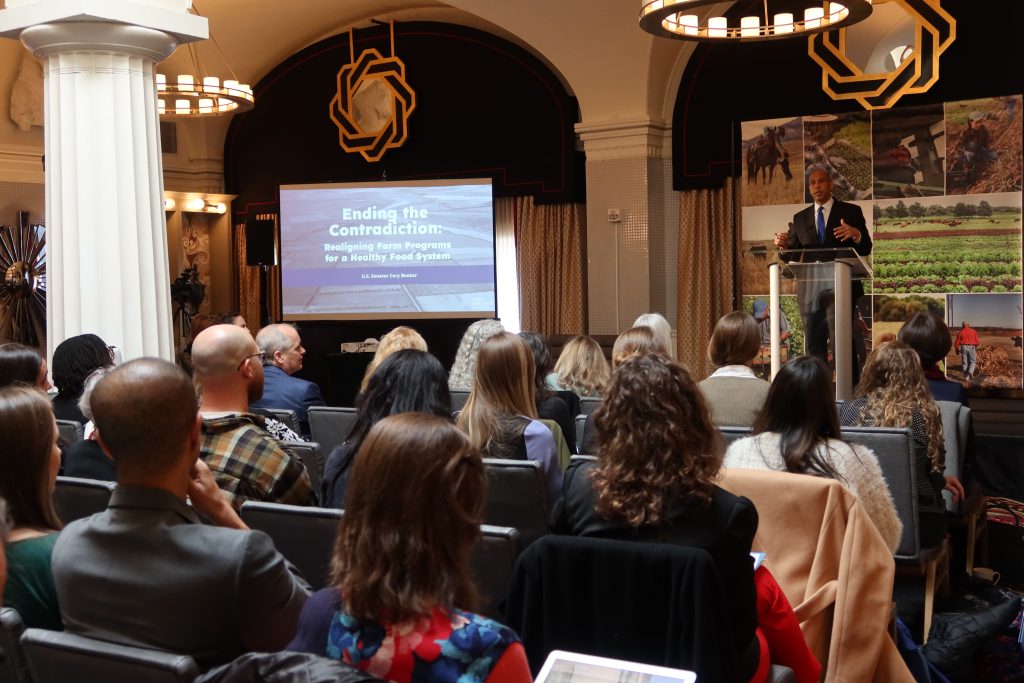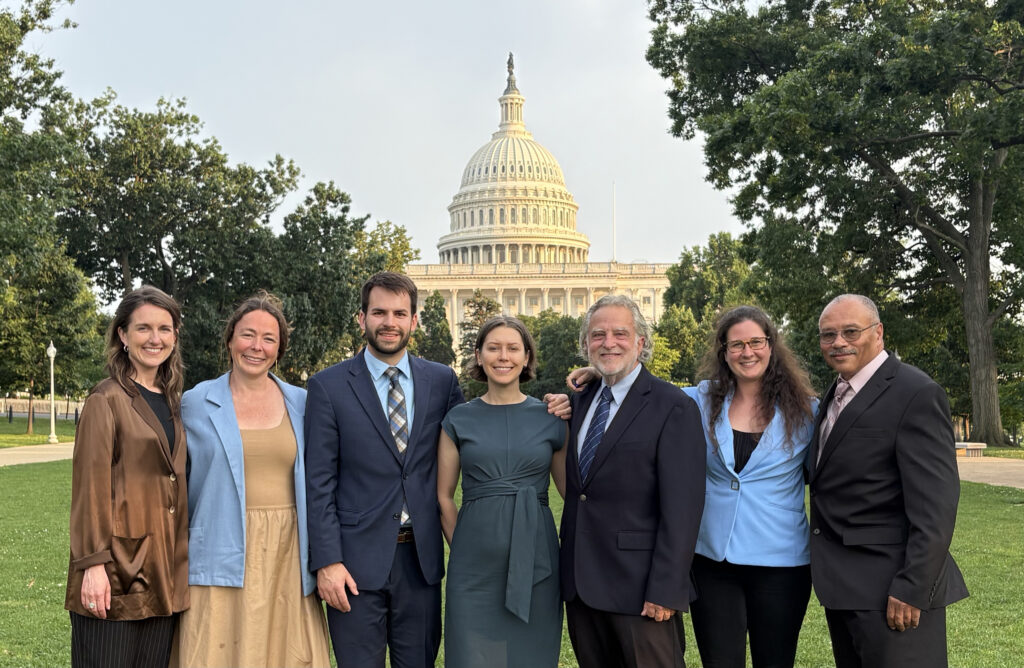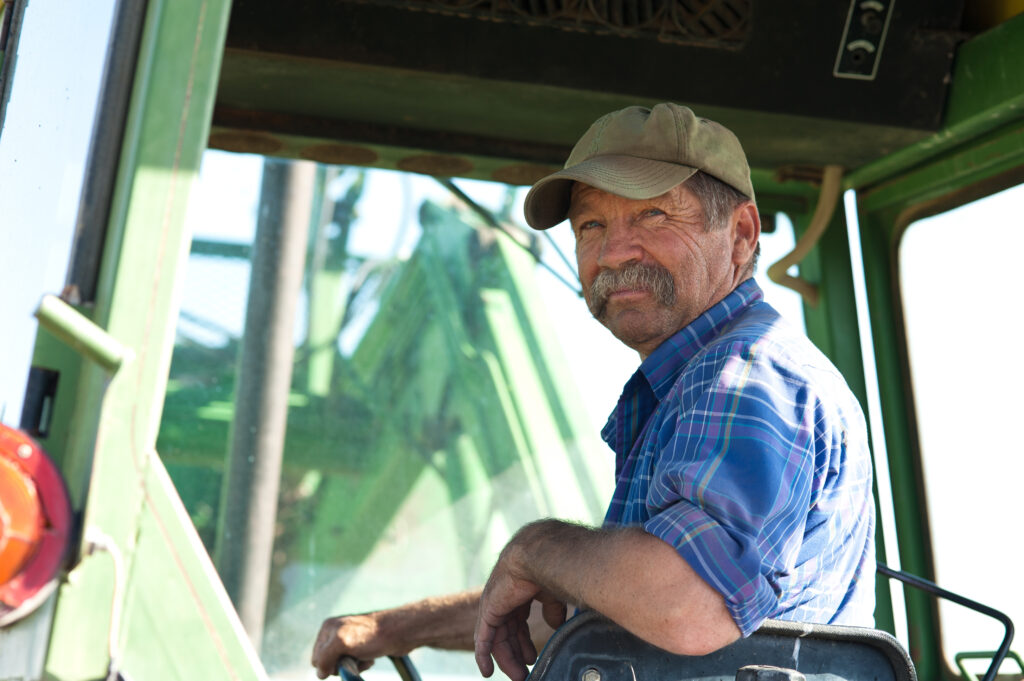Today, Farm Action and a first-of-its-kind coalition of organizations representing agriculture, health, faith, academia, conservation, labor, and animal welfare co-hosted the Food Not Feed Summit in Washington, D.C., with participants across the country joining virtually. The Summit brought together a first-of-its-kind coalition of diverse perspectives to demonstrate the need and momentum to fundamentally change America’s agriculture policies ahead of 2023 Farm Bill negotiations.
“Food deserts in New Jersey and farmers in the Midwest are part of the same broken system that’s hurting everyone from farmers and farm workers to families and consumers,” said Sen. Cory Booker (D-NJ), who spoke at the Summit. “Many of the subsidies in the farm bill were created to support commodity crops and not the fruits and vegetables that families need. What the government is telling us is incongruent with American policy and farm subsidies. This is not a partisan issue, it’s an American issue.”
Senator Booker continued, “I have sat down with people from all backgrounds and when you explain to people the incongruence of having a farm bill that subsidizes all of this and nutritionists that tell us we should be eating something different they get it right away.”
Quotes from the full coalition of Food Not Feed Summit co-hosts can be found here.
For years, deep-pocketed multinational corporations have spent millions lobbying for incentives that push farmers to grow feed for livestock across the world, leaving too many of us hungry, sick, and without access to the fruits and vegetables that our government recommends. The Food Not Feed Summit begins a year of advocacy around a shift in government policies to instead empower farmers to grow and raise healthy, nutritious food that can feed our local communities, including fruits, vegetables, and regeneratively-raised livestock.
“Past farm bills have been designed around subsidizing big corporations, feeding big corporations’ farm production on massive and large industrial scale, and essentially wiping out our local and regional food system that we had 50 years ago,” said Mike Callicrate, owner of Ranch Foods Direct, who spoke at the Summit. “Now it’s time to rebuild our local and regional food systems that feed us more sustainably. Next farm bill, let’s produce food, not feed for corporate profits.”
Last week, ahead of the Summit, the Johns Hopkins Center for a Livable Future (CLF) released polling showing that 84% of voters support policy proposals that would incentivize farmers and ranchers to implement sustainable and resilient agricultural practices, and 78% want American agriculture policy to prioritize healthy and sustainable food for humans over feed for industrially produced livestock.
Events following the Summit included a screening of the film The Smell of Money the evening of February 7, and meetings with members of Congress on Capitol Hill on February 7 and 8.
Ahead of the State of the Union address, attendees also called on President Biden to prioritize a farm bill that works for farmers and consumers in the coming year.
Photos from the event are available for use here.
Media Contact: Dee Laninga, [email protected], 202-450-0094




